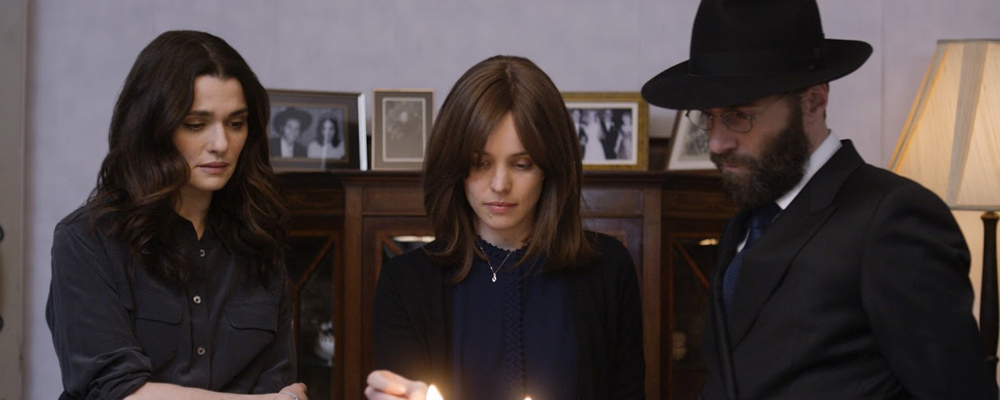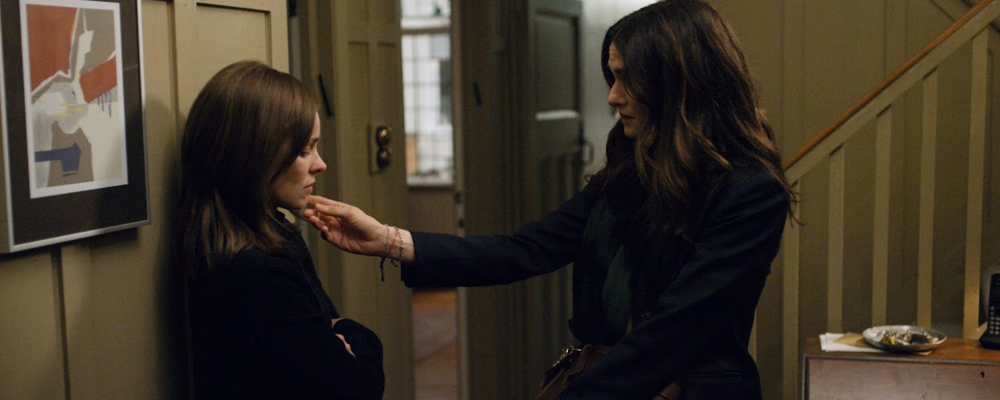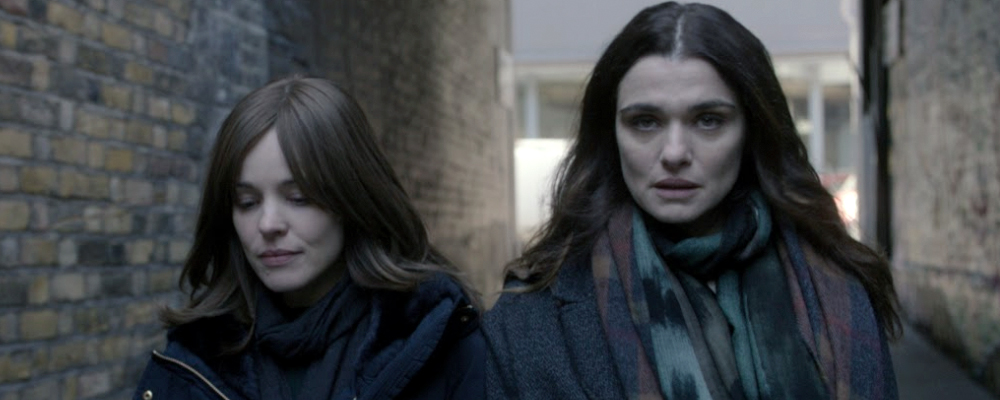Sebastián Lelio’s ‘Disobedience’ Explores the Clash Between Religion and Sexuality
Alci Rengifo
“Disobedience” journeys into the most private recesses of experience and identity. This is the first major English-language film by Chilean director Sebastián Lelio, who recently won the “Best Foreign Film” Oscar for “A Fantastic Woman.” That was a poetic and striking film about the trials of a transgender woman coping with the death of her lover, amid the brutal discrimination still rampant in Latin America. In “Disobedience” Lelio again returns to the theme of love opposed by tradition, focusing on same-sex attraction within the highly religious Orthodox Jewish community. Delicately written and acted, with Lelio again shooting in an evocative style, “Disobedience” is about desires kept hidden because they are considered to be dangerous to a certain way of life.
The movie stars Rachel Weisz as a Manhattan photographer named Ronit who returns to London’s Hendon neighborhood upon receiving news of the death of her father, a highly respected Rabbi named Rav Krushka (Anton Lesser). Krushka’s heir apparent is the young Rabbi Dovid Kuperman (Alessandro Nivola), who is now married to Esti (Rachel McAdams). Dovid, Ronit and Esti all grew up together until Esti suddenly left for the United States. We soon learn that she had been shunned when it was discovered she had strong, sexual feelings for Esti. In essence Esti was made to marry Dovid so she could become a “decent” married woman, expected to produce children. But when Ronit returns her intense feelings for Esti are rekindled and they cannot resist but be together.
Like an intimate observer, “Disobedience” captures the workings of a religious community, while defining the struggles of specific individuals. Lelio has little interest in melodrama, what he seeks to evoke is the pain of solitude and the rigidity of conservative environments. When Ronit returns to London and is first seen by members of her former community, one senses the immediate tension through the way faces look at her. An enclosed world is evoked, where everyone knows everyone else. To deviate from accepted doctrine is to threaten the very fabric of this society. The screenplay by Lelio and Rebecca Lenkiewicz is a fine example of the craft of subtly. Nothing is simply said or thrown out there. The depth of Ronit and Esti’s relationship is slowly and organically revealed. They never speak in the language of superficial Hollywood romance, instead they talk like two individuals haunted by memories and shared, physical experience. The first kiss arrives with a mix of fear and anxiousness that feels all too true.
Because Lelio allows the story to build in layers, the eventual love scene between Ronit and Esti arrives as an ultimate culmination. There is a mature sense of intimacy in the moment and the sex becomes a full expression of the physical manifestation of powerful feelings. Weisz and McAdams are so natural in their performances that the erotic charge comes from the beauty of sex as a sensual, organic connection. An interesting contrast can be made between this scene and an earlier moment where Esti conducts her wifely duties and allows Dovid to have sex with her. With him it is more of a duty, a ritual to procreate. With Ronit the lovemaking has the abandon and spiritedness of genuine attraction.
The characters are treated with a unique complexity. There are no villains here, but individuals living a certain way who feel threatened by stark individualism. Dovid as played by Nivola is devoted to his faith, but not a bigot towards Ronit or Esti. He faces the challenge of pitting his conscience against the strict norms of his position. As Nivola himself says about the role, “these are three good people full of love for each other, who are thrown into an impossible situation that has no way to navigate through without something being broken.” In one scene local elders discuss around Dovid the return of Ronit and the death of her father, their contempt is palpable and based on traditional systems which are hard to ever reform. In their scenes in the household, when Dovid seeks intimacy from Esti you sense genuine affection, the tragedy is she can’t ever honestly return it. Tension is created by the way social etiquette forces characters to keep certain feelings buried, until they just come out. When Esti gets very honest with Dovid about how she truly feels about the marriage, the man become a low-grade volcano, boiling but unable to truly explode. Nivola observes that, “on the one hand you need to express your freedom to love who and how you want to, on the other hand there’s the challenge of giving up a community that is tight-knit and loyal and supportive, but only if you’re willing to make certain sacrifices.”
This is the kind of drama that mocks those bombastic romances where grand gestures are made and big, heartfelt speeches given. Lelio allows his camera to float in corridors and shadows, allowing eyes and expressions to say what can’t be said. The music by Matthew Herbert, who also scored “A Fantastic Woman,” is wistful, with elegant orchestral melancholy. Individual moments have a wonderful authenticity, especially dinner table scenes or moments in the synagogue where Lelio just lets us listen to how these characters live and think. The movie is never judgmental towards the Orthodox community. It instead wants to pose a question about the defiance of natural feelings towards an institution. In this sense “Disobedience” is a universal film. You can easily imagine this story taking place in an Amish, Muslim or Baptist home. In other countries or societies it is certain political ideas that could get you in trouble. “There’s always going to be a suspicion of people who are different. How to grapple with those things is something people from all walks of life are challenged with,” says Nivola on the film’s transcendental nature.
With “Disobedience” Lelio continues to establish himself as an important new voice in international cinema. For Weisz and McAdams this is a memorable work with some of their best performances. It is a patient but not slow film. Its force comes from things at times unsaid, but clearly felt.
“Disobedience” opens April 27 in select theaters.





